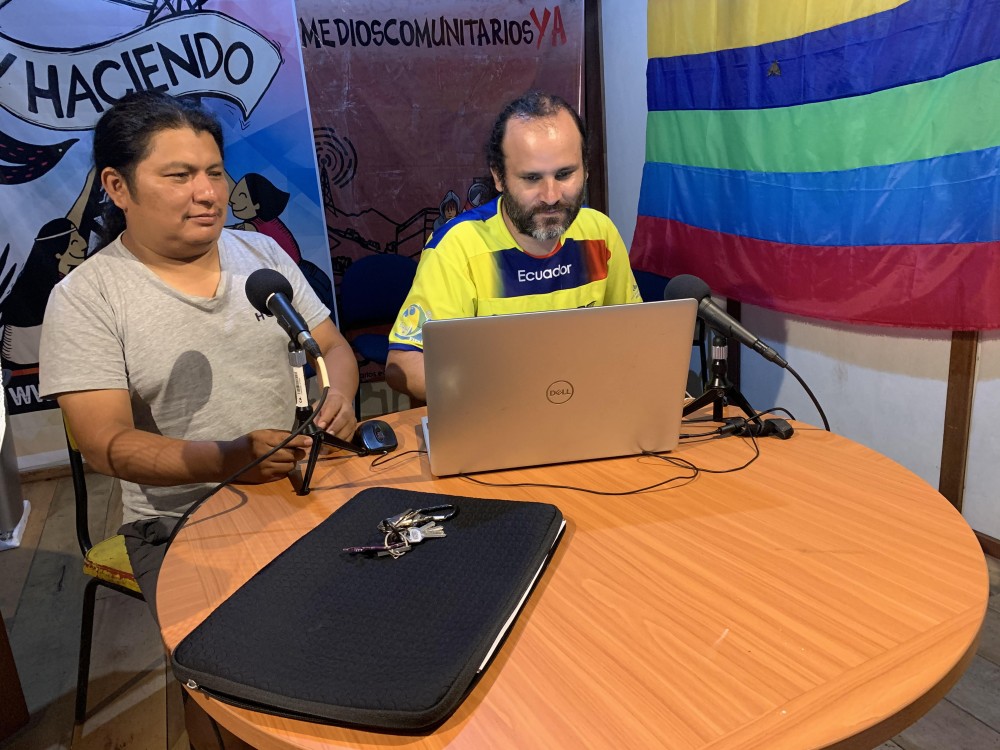Christian NGO helps indigenous people access accurate information about COVID-19

The World Association for Christian Communication has launched a rapid response fund to help support grassroots community media outlets that provide accurate coronavirus-related information to vulnerable people who often cannot access mainstream media.
“The pandemic has reminded us of just how critical access to accurate information and trustworthy communication platforms is,” said Lorenzo Vargas, who coordinates the organization’s Communication for Social Change program. “Many of these communities are not reached by information provided by governments and mainstream commercial or public media.”
The WACC, which normally tackles issues like gender-sensitive reporting and participatory communication for people of all faiths, has members in 120 countries. It currently has 39 community radio partners—many of them attached to hundreds of indigenous and community radio stations working in local languages, which is where they are focusing their pandemic energies.




